
A New Study Shows That Dogs Living Near Chornobyl Are Genetically Different To Others In The World
While mostly unintentionally, we humans manage to come up with many ways to mess up the world we live in. Yet, nature always finds a way to come back and thrive, even where we no longer dare venture ourselves.
One of the best examples so far is Chornobyl. The world-famous disaster filled the city and the areas surrounding it with severe amounts of radiation. But while not everyone was lucky enough to get to leave, some living beings, like these stray dogs, seemingly ended up developing mutations that helped them adapt with ease. Scroll down to learn all about it!
More info: Canine Medicine and Genetics
Nature always finds a way, even if it’s in a land plagued by a few-decades-old nuclear disaster
Image credits: Frode Bjorshol / Flickr
The Chornobyl nuclear catastrophe in 1986 spread radiation throughout the city and surrounding areas, making it seemingly unlivable for anyone
April 28, 1986 was marked forever by one of the most terrible human-caused disasters in the history of the world when a flawed reactor at the Chornobyl Nuclear Power Plant in Ukraine exploded. At least 5 percent of its radioactive core leaked straight into the environment, which was enough to contaminate the place and the surrounding areas for decades upon decades.
The catastrophe took the lives of many and left many more homeless, as approximately 350,000 people had to be quickly evacuated from the danger zone. However, while humans made their escape, many other creatures, including a lot of dogs, were left behind to fend for themselves.
Image credits: Eamonn Butler / Flickr
Image credits: Eamonn Butler / Flickr
While humans evacuated, a lot of animals were left behind, including dogs, whose offspring ended up evolving and adapting to be able to survive in the toxic environment
Years have passed, but while Chornobyl is now a bit more visit-friendly, it’s still far from a place where any of us could live. Yet it turns out that some who had no place else to go ended up not only surviving but also evolving, adapting, and even thriving amidst all that radiation.
“Somehow, two small populations of dogs managed to survive in that highly toxic environment,” said Norman J. Kleiman, an environmental health scientist at Columbia University who, together with his colleagues, became curious enough to conduct a study on the stray dogs who successfully made the Chornobyl Exclusion Zone (CEZ) their home.
Image credits: Viktor Hesse / Unsplash
Image credits: Hungary URBEX / Flickr
A recent study took samples from 116 Chornobyl stray dogs to understand better how they were impacted and how exactly they evolved
The scientists collected blood samples from 116 strays, which are most likely the descendants of dogs left behind during the evacuation. The data collected and its analysis serve as “first steps towards understanding how chronic exposure to multiple environmental hazards may have impacted these populations.”
Evaluating the results, the researchers discovered 52 genes in these dogs that most likely came to be because of “exposure to the contamination of the environment at the Nuclear Power Plant,” which suggests that this was the factor allowing these pups to adapt to such an extreme environment as well as they did.
Image credits: Dasha Urvachova / Unsplash
Image credits: Romain Chollet / Unsplash
While undeniably interesting, this research may not be the most groundbreaking discovery in the area. For example, this one other study on Chornobyl wolves one day might just lead us to the cure for cancer.
It turns out that while roaming the woods of CEZ and being exposed to more than 6 times the legal safety limit of radiation for a human, these animals have seemingly altered their immune systems in a similar way that cancer patients do when they undergo radiation treatment.
Image credits: Greenwich Photography / Flickr
Other animals have also been observed to have greatly adapted to this toxic environment, with wolves developing cancer resilience and nematode worms cancer immunity
The wolves also appeared to have developed a resilience to increased cancer risk. While that is not an immunity to the disease, it’s certainly a very positive and protective mutation that brings a world of potential.
Dr. Cara Love, who led this study all the way back in 2014, unfortunately, had to stop her work due to the outbreak of the Ukraine-Russia war. The research currently remains abandoned, but the scientist is hopeful that she and her team will eventually be able to return to it once the conditions become safe again.
Image credits: Yves Alarie / Unsplash
At the same time, scientists have also discovered nematode worms in the area, who, through their very short lifespans and quick reproduction, have apparently developed not even resilience but full immunity to cancer.
Admittedly, these are much simpler organisms, and data collected from their research is a lot less useful for cancer treatment in more complex life forms such as humans. However, the fact that these worms can now repair their genes affected by this disease and easily live in highly radioactive soil is impressive on its own, even without significant practical uses.
Image credits: Dasha Urvachova / Unsplash
Ultimately, just like those stray dogs, nature has always managed to find a way, and it will continue to do just the same here. Chornobyl was a terrible catastrophe that should have never occurred in the first place and will hopefully never occur again. However, since it already has, we might as well learn all that we can, because that really is the only useful thing we can do here.
What did you think about this story? Do you think studies conducted in Chornobyl in the future will bring even more stunning findings? Share it all in the comments below!
The commenters were happy to hear that Chornobyl dogs are doing well but were not surprised that nature managed better without humans around, even after a nuclear disaster
Poll Question
Thanks! Check out the results:
Edit: I apologize for my ignorance about the spelling and I withdraw my comment. Chornyobl with an "o" is just fine and I will get used to it. F**k Putin!
"Chernobyl" is based on the Russian spelling, while "Chornobyl" is based on the Ukrainian one. Since it is located in Ukraine, the second spelling is becoming more common (except among people who are rooting for the Russians).
Load More Replies...Edit: I apologize for my ignorance about the spelling and I withdraw my comment. Chornyobl with an "o" is just fine and I will get used to it. F**k Putin!
"Chernobyl" is based on the Russian spelling, while "Chornobyl" is based on the Ukrainian one. Since it is located in Ukraine, the second spelling is becoming more common (except among people who are rooting for the Russians).
Load More Replies...
 Dark Mode
Dark Mode 

 No fees, cancel anytime
No fees, cancel anytime 






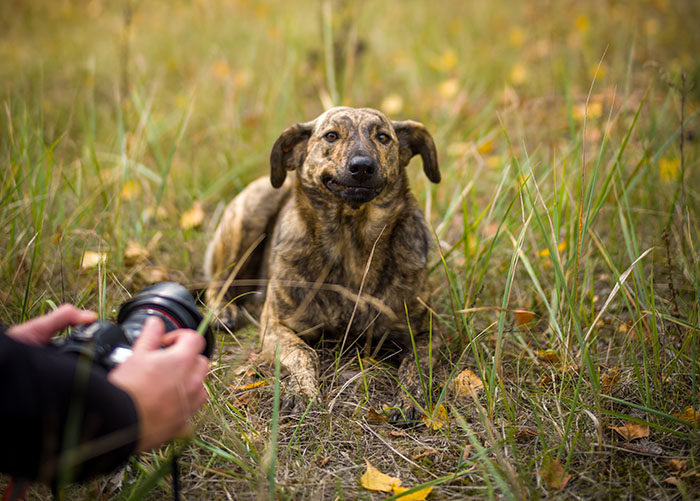

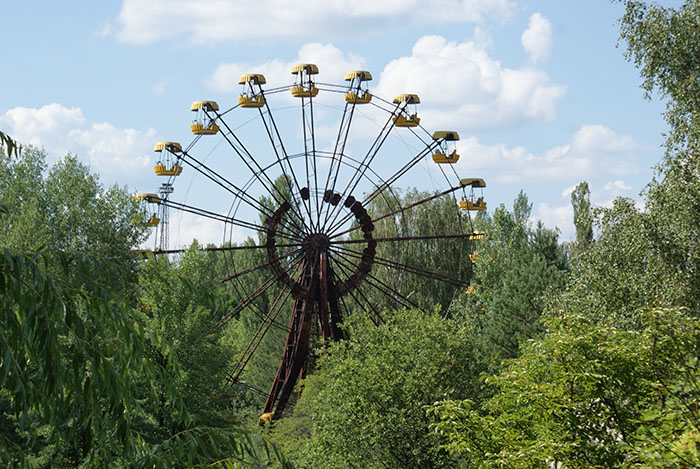
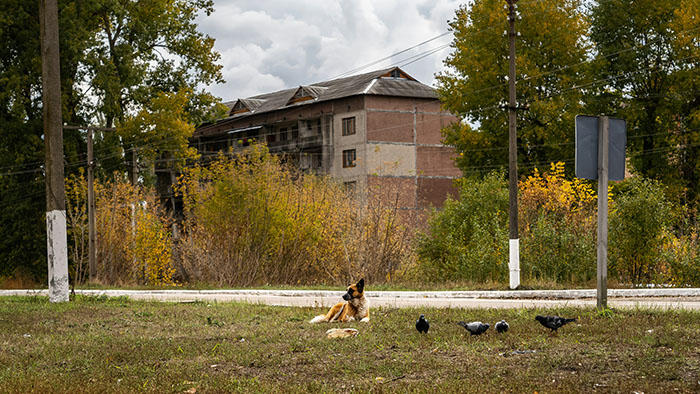
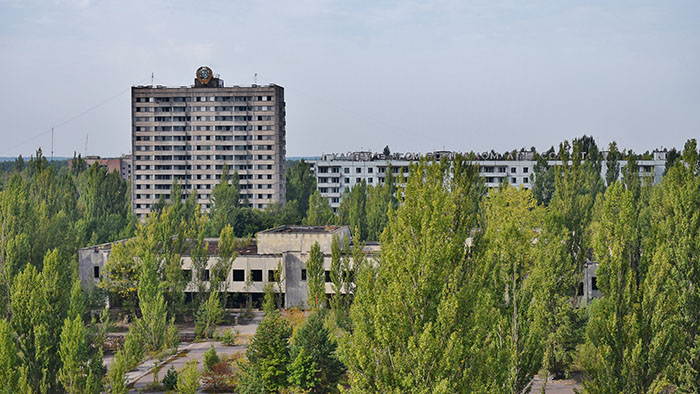
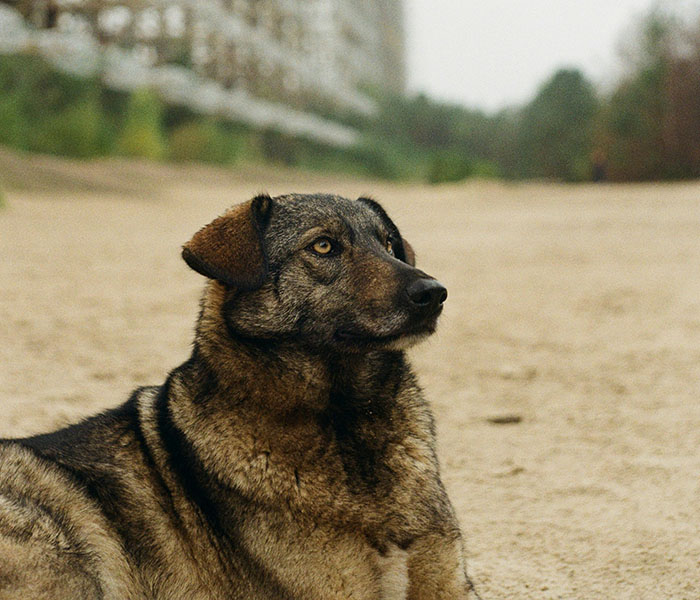
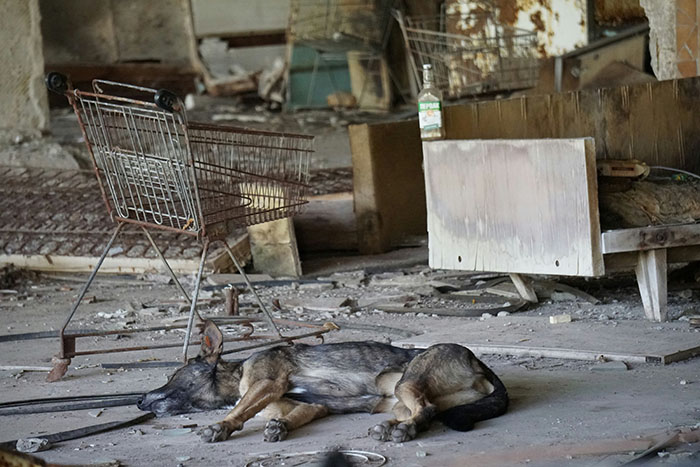
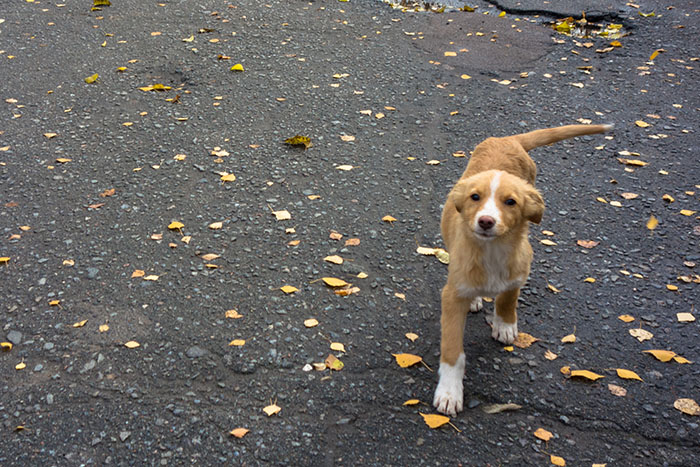
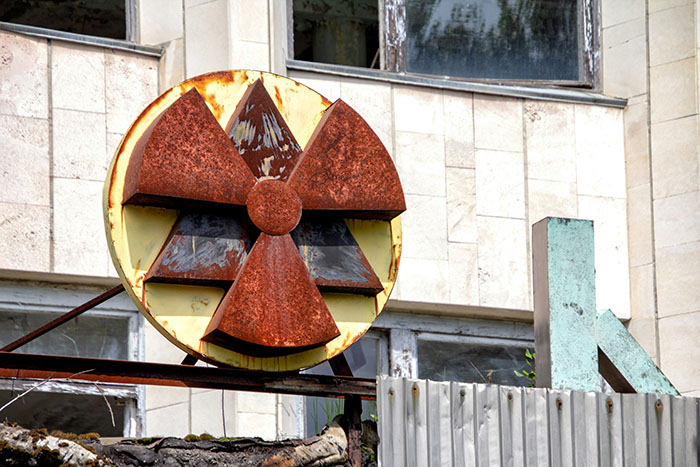
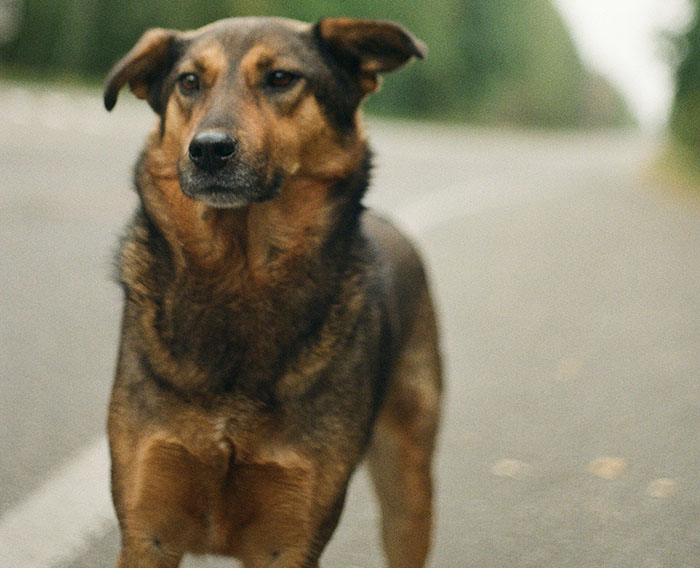









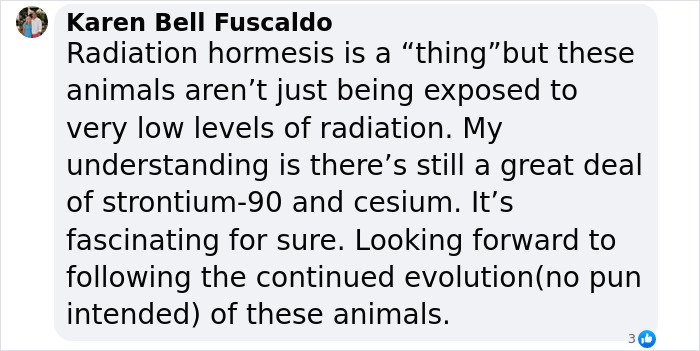













































65
16